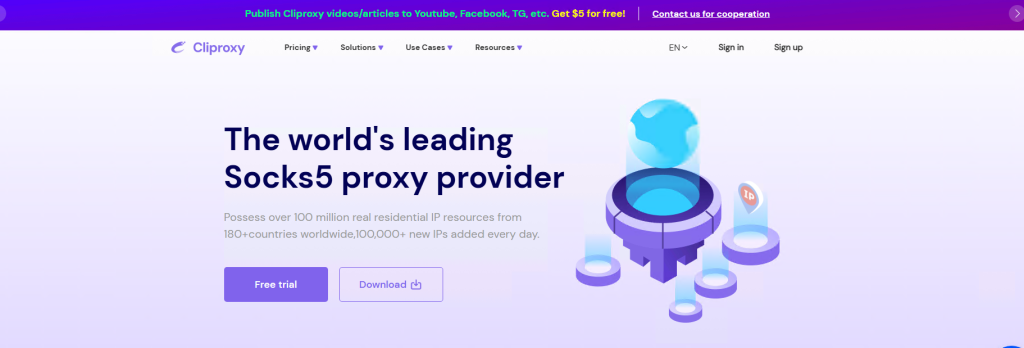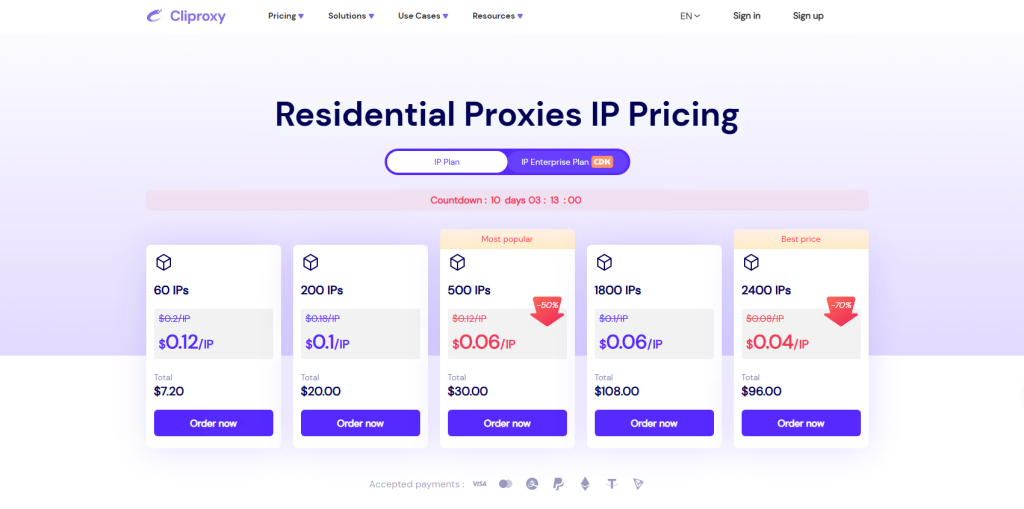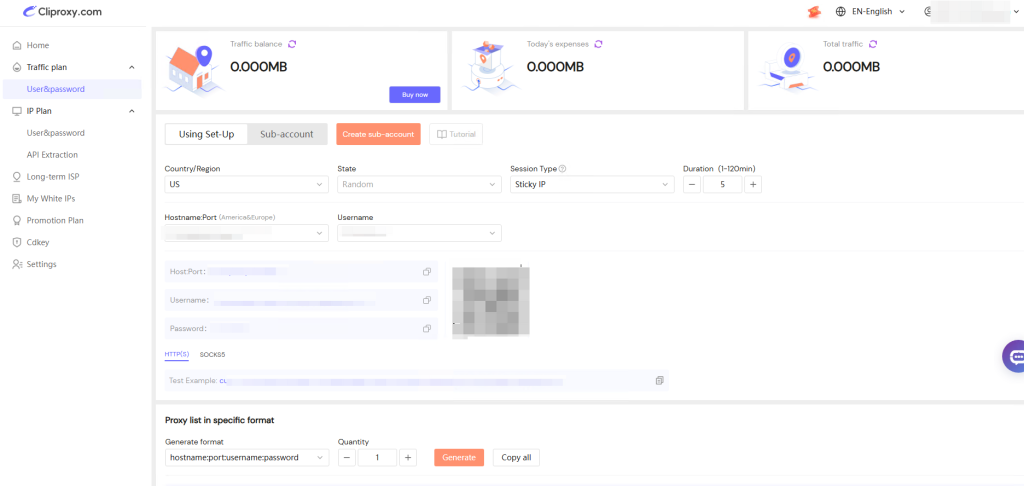
In the increasingly competitive e-commerce market, data has become the core resource for businesses to develop precise marketing strategies, optimize pricing, and improve conversion rates. Search engines serve as vast information repositories, containing a wealth of market trends, competitor insights, and consumer behavior data. However, directly obtaining this data often faces challenges such as network access regulations and complex data management. Enterprises need to leverage professional tools and optimized strategies to efficiently and comprehensively collect and utilize critical information.
Cliproxy, as a leading data access solution provider, helps e-commerce businesses efficiently and securely obtain key data from search engines, supporting precise decision-making and revenue optimization.This article will explore how to leverage search engine data scraping technology and integrate Cliproxy’s solutions to build a comprehensive e-commerce data collection and application strategy.
Search engine data not only includes keyword rankings, product exposure rates, and competitor activity but also reflects market trends and user demand. Below are key areas where e-commerce businesses can utilize search engine data to boost revenue:
When conducting business activities through search engines, companies often encounter the following challenges:
Search engine access rules: When collecting large volumes of search results, it is necessary to follow search engine access guidelines to ensure the stability and continuity of data acquisition.
Geographic differences: Search results may vary depending on the user’s location. With a well-planned data collection strategy, businesses can obtain valuable reference information from different regions, such as prices, rankings, or product information in various markets.
Access frequency management: Maintaining an appropriate query frequency helps improve the accuracy and efficiency of data collection, ensuring a smooth and reliable process.
Click Fraud: Competitors or fraudulent networks may use bots or click farms to generate fake PPC (pay-per-click) clicks, exhausting advertising budgets without real conversions.
Misdirected Ad Placements: Ads may be displayed on unintended devices or locations due to search engine inconsistencies, making it difficult to accurately track ad effectiveness.
Bot Traffic: Some ad networks may contain a large volume of bot traffic, reducing the effectiveness of ad spending and lowering ROI.
Negative SEO Attacks: Competitors may attempt to harm rankings by implementing negative SEO tactics, such as spam link attacks, which can lead to penalties from search engines.
Personalized Search Results: Search engines tailor search results based on user history, location, and device type, making it difficult for businesses to assess true rankings.
Search Engine API Limitations: Many search engines impose strict query limits on their official APIs, restricting access to comprehensive data.
Unstructured Data Complexity: Search engines return non-structured data, requiring additional processing and analysis to extract useful insights.
Difficulties in Monitoring Competitor Ad Strategies: Businesses struggle to access competitors’ keyword bidding strategies, ad copy, and rankings due to search engine privacy policies.
Challenges in Price Monitoring: Industries like cross-border e-commerce and travel require real-time price tracking across different markets, but IP restrictions make comprehensive data collection difficult.
To address these challenges, enterprises can leverage Cliproxy’s proxy solutions. Through dynamic IP allocation, intelligent request management, and globally distributed proxies, businesses can efficiently obtain multi-region, multi-dimensional data to support marketing optimization and business decision-making.
Cliproxy, as a high-performance proxy solution, enables businesses to consistently and efficiently access multi-region, multi-dimensional data, supporting data analysis and business decisions.
Cliproxy provides over 50 million residential IPs worldwide, supporting intelligent IP scheduling to ensure even request distribution and enhance the stability and continuity of data acquisition.
Through intelligent IP scheduling and simulation of natural access behaviors (such as random request delays and browser visit simulation), Cliproxy helps businesses acquire the required data more efficiently, improving analysis and decision-making.
Cliproxy supports IP filtering by country, region, and city, allowing businesses to collect search data from different global markets for precise cross-border trend analysis.
Cliproxy adheres to GDPR, CCPA, and other data compliance regulations, ensuring businesses can legally and efficiently collect search engine data.
A well-known 3C electronics brand wanted to track competitor pricing across multiple international markets to optimize its own pricing strategy. By using Cliproxy to scrape Google Shopping and search engine competitor pricing data, combined with AI analytics, they achieved:
A DTC fashion brand aimed to boost its product page rankings on Google and increase organic traffic. By leveraging Cliproxy to scrape SERP data for target keywords and analyze competitor ranking strategies, they optimized product descriptions and site structure, resulting in:
Using Cliproxy for search engine data scraping is simple:



Search engine data is a critical resource for e-commerce businesses to optimize competitive strategies and increase revenue. However, due to access frequency management and geographic differences, directly collecting data may still face some challenges. Cliproxy, as an efficient proxy solution, helps businesses achieve stable, secure, and compliant data acquisition.
If your e-commerce business is looking for a data-driven growth breakthrough, try Cliproxy today and leverage precise data to take your business to the next level!
Start your Cliproxy trial